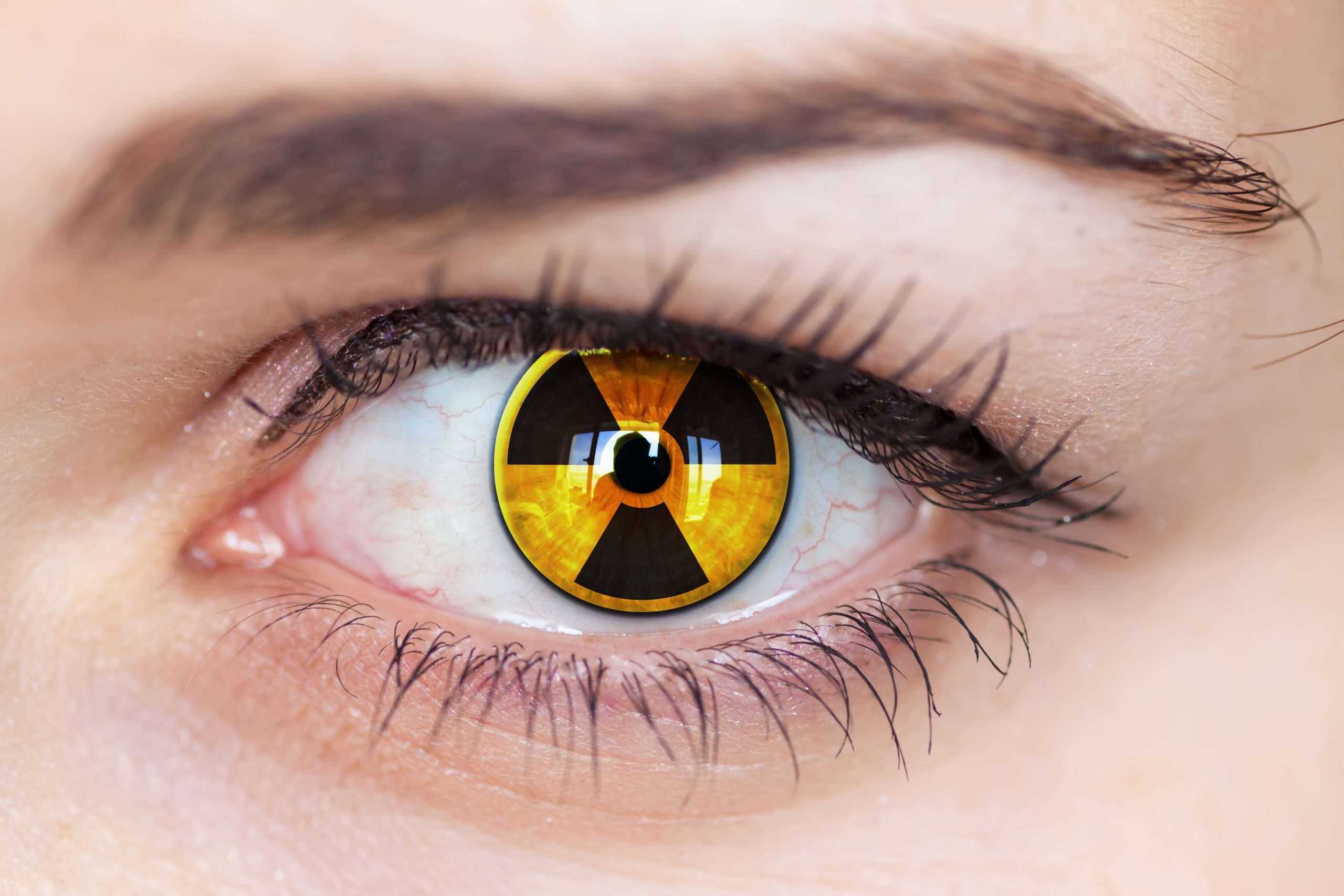BY W. GIFFORD- JONES MD & DIANA GIFFORD-JONES
What do former U.S. President Jimmy Carter and Gifford-Jones have in common? They were both born the same year and have remarkable staying power! But Carter has lived under the shadow of pancreatic cancer all his life. His father, brother, and two sisters died of this disease and his mother also suffered from it. Carter has also lived through metastatic melanoma, a skin cancer that had spread to his liver and brain. How did he do it?
Rod Adams, an atomic energy expert, has said that moderate radiation exposure may have helped to protect the former president from developing pancreatic cancer.
During the nuclear meltdown at Chalk River in 1952, Carter was a naval officer working on the secret nuclear program. He was among those dispatched to help dismantle the reactor. This required working in a high radiation field for 90 seconds at a time. The President claimed his urine was radioactive for six months afterwards.
Then in 2011, the New York Times reported that Carter had been exposed to CT scans every six months. The purpose was to see if any cancer lesions had appeared in his pancreas. Doctors decided to stop these examinations; concerned that radiation was increasing the risk of cancer.
It’s commonly understood that radiation causes cancer. Even school children studying two-time Nobel laurate Marie Curie know her research on radium contributed to her death at age 66. The question; is exposure to radiation always dangerous?
One fact is certain. Jimmy Carter is still alive, his now thirty post-presidential years taken up in humanitarian projects. So, Adams asks, “Is it possible that President Carter’s lifetime exposure to radiation was the kind of moderate dose that has been shown to stimulate his human defensive and repair mechanisms?”
Why does this idea interest us? It goes against everything that has been said about radiation for years.
This column has stressed that radiation is like an elephant. It never forgets the total amount received during a lifetime. That’s why readers are advised not to ask the doctor, “Can I have an X-ray to help find the reason for unexplained abdominal pain?” Or, “Could an X-ray be ordered to make sure a sprained ankle is not broken?” It’s good to avoid even low-dose dental X-rays that aren’t needed.
CT scans of the pancreas every six months seem outrageous. A CT scan of the abdomen delivers 500 times more radiation than a routine X-ray of the lungs and 1,000 times that of dental X-rays.
It makes no sense to have an MRI, if an ultrasound, which is radiation free, provides the same information.
Is Rod Adams right, that a small to moderate amount of radiation could be beneficial? It’s always worth pausing and opening the mind to listen to experts who have researched the subject.
Rod Adam’s article triggered interesting responses. One reader wrote, so long as “The assumption remains that the lowest radiation is hazardous, we will continue spending billions to protect the public against less radiation than it is receiving from nature.”
Another reader noted, “About 150 United States military personnel, about 170 Canadian military personnel and about 20 construction company employees joined the 862 staff members at Chalk River to implement the cleanup.” Little was done to study the long-term health of these individuals.
Jimmy Carter believes his longevity is due to never having smoked. This was a good decision. But more studies are needed to learn if radiation exposure may have protected him from pancreatic cancer.
In 2015, he won the melanoma battle, adding to his good fortune. The question remains, “What’s the right approach to radiation exposure?” And the answer seems to be consistent with Gifford-Jones’ common sense advice, “All things in moderation.”
Stay in the loop with exclusive news, stories, and insights—delivered straight to your inbox. No fluff, just real content that matters. Sign up today!
Dr. W. Gifford-Jones, MD is a graduate of the University of Toronto and the Harvard Medical School. He trained in general surgery at Strong Memorial Hospital, University of Rochester, Montreal General Hospital, McGill University and in Gynecology at Harvard. His storied medical career began as a general practitioner, ship’s surgeon, and hotel doctor. For more than 40 years, he specialized in gynecology, devoting his practice to the formative issues of women’s health. In 1975, he launched his weekly medical column that has been published by national and local Canadian and U.S. newspapers. Today, the readership remains over seven million. His advice contains a solid dose of common sense and he never sits on the fence with controversial issues. He is the author of nine books including, “The Healthy Barmaid”, his autobiography “You’re Going To Do What?”, “What I Learned as a Medical Journalist”, and “90+ How I Got There!” Many years ago, he was successful in a fight to legalize heroin to help ease the pain of terminal cancer patients. His foundation at that time donated $500,000 to establish the Gifford-Jones Professorship in Pain Control and Palliative Care at the University of Toronto Medical School. At 93 years of age he rappelled from the top of Toronto’s City Hall (30 stories) to raise funds for children with a life-threatening disease through the Make-a-Wish Foundation. Diana Gifford-Jones, the daughter of W. Gifford-Jones, MD, Diana has extensive global experience in health and healthcare policy. Diana is Special Advisor with The Aga Khan University, which operates 2 quaternary care hospitals and numerous secondary hospitals, medical centres, pharmacies, and laboratories in South Asia and Africa. She worked for ten years in the Human Development sectors at the World Bank, including health policy and economics, nutrition, and population health. For over a decade at The Conference Board of Canada, she managed four health-related executive networks, including the Roundtable on Socio-Economic Determinants of Health, the Centre for Chronic Disease Prevention and Management, the Canadian Centre for Environmental Health, and the Centre for Health System Design and Management. Her master’s degree in public policy at Harvard University’s Kennedy School of Government included coursework at Harvard Medical School. She is also a graduate of Wellesley College. She has extensive experience with Canadian universities, including at Carleton University, where she was the Executive Director of the Global Academy. She lived and worked in Japan for four years and speaks Japanese fluently. Diana has the designation as a certified Chartered Director from The Directors College, a joint venture of The Conference Board of Canada and McMaster University. She has recently published a book on the natural health philosophy of W. Gifford-Jones, called No Nonsense Health – Naturally!














